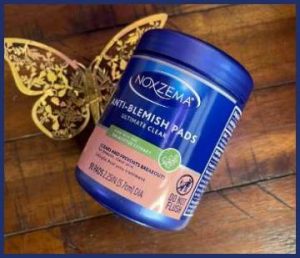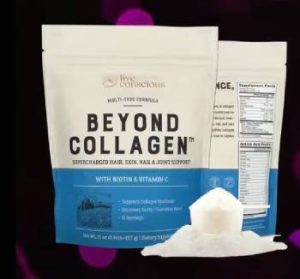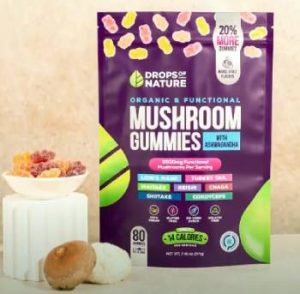If you’re like me, you care about what goes on your skin and hair and want products that deliver real results without harmful additives.
Shea Terra Organics is one of those brands that’s come up a lot in natural skincare conversations, and for good reason. With a reputation for using high-quality, ethically sourced ingredients, this brand promises effective skincare without the unnecessary chemicals.
After using it myself and digging into other users’ experiences, I’d say Shea Terra is absolutely worth considering for anyone who values organic and effective skincare. Let’s explore everything you need to know.
Introduction to Shea Terra Organics
Founded by Tammie Umbel, Shea Terra Organics is known for its pure, natural skincare and haircare products. Umbel started the brand with a mission to source high-quality, indigenous African ingredients, building relationships with local producers and ensuring fair trade practices.
Shea Terra’s products are crafted with ingredients like tamanu, marula, and argan oils, all cold-pressed to retain their full potency. This brand aims to bring ancient skincare secrets into the modern world, emphasizing purity and effectiveness.
My Personal Experience with Shea Terra Organics
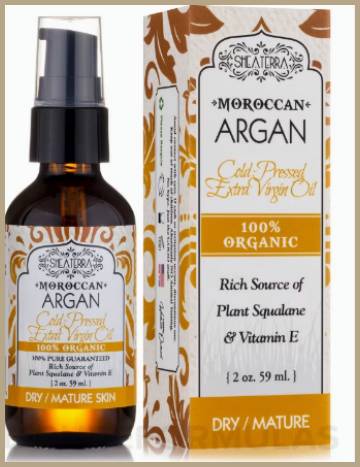
When I first tried Shea Terra’s oils, I was intrigued by the simplicity of the ingredients. With sensitive, combination skin, I wanted a product that could moisturize without clogging my pores or causing irritation. Shea Terra’s Argan Oil was my entry point. I used it both on my face and hair, and right from the start, I noticed how rich yet lightweight it felt.
The texture was slightly thicker than other oils I’d used, yet it absorbed surprisingly well. My skin felt nourished, not greasy.
Over a few weeks, I noticed a softening in fine lines and fewer breakouts. My hair also seemed less frizzy and more manageable after applying a small amount to the ends.
It’s not a miracle cure for every skin woe, but it’s one of the more effective oils I’ve tried.
And, based on my experience and the brand’s emphasis on pure ingredients, I felt confident about what I was putting on my skin.
Pros & Cons of Shea Terra Organics
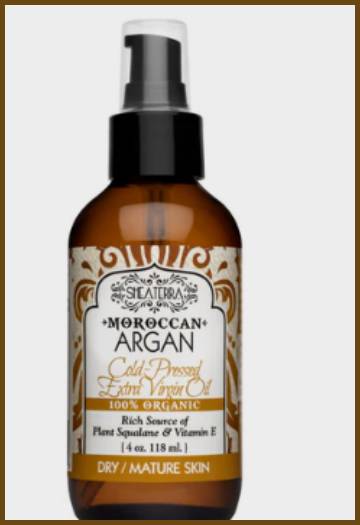
Pros:
Here are the aspects of Shea Terra that stood out to me:
- High-Quality, Pure Ingredients: Shea Terra’s products are made with raw, unrefined oils sourced directly from local communities. By avoiding added chemicals, their oils retain vitamins, minerals, and antioxidants essential for skin health. The cold-pressing method helps preserve the active compounds, resulting in products that are potent and truly nourishing.
- Ethical Sourcing and Fair Trade: Shea Terra is committed to fair trade, supporting local African communities. The brand’s argan oil, for example, comes from a small village in Morocco’s Atlas Mountains, where the women harvest and process the oil. This not only ensures purity but also empowers these communities economically.
- Versatile and Multi-Use Products: Shea Terra’s oils, like tamanu, carrot seed, and baobab, can be used on the face, body, hair, and nails. This versatility is fantastic for simplifying your skincare routine while providing nourishment for multiple areas.
- Effective for Different Skin Types: Many Shea Terra products work well for various skin types. Whether you have oily, combination, or dry skin, you can find an oil or treatment that complements your needs. People with sensitive skin, like myself, often appreciate the gentle formulas free from harsh chemicals.
Cons:
While I’m a fan, it’s important to address a few drawbacks.
- Packaging Concerns: Some users have noted issues with packaging. For instance, oils sometimes come in bottles with caps that aren’t entirely leak-proof. A few customers have experienced leaking during shipping, which can be frustrating. It’s a minor inconvenience that could be improved with more robust packaging.
- Variations in Texture and Smell: Natural oils can vary based on the harvest season, and Shea Terra’s unrefined oils aren’t deodorized. For example, the argan oil can smell slightly nutty or sour depending on the time of year. Some people find this natural aroma pleasant, while others may not.
- Higher Price Point: Shea Terra’s commitment to ethical sourcing and fair trade does come at a cost. While you’re paying for quality, some products may feel a bit expensive compared to alternatives. However, considering the benefits and purity, I find the investment worthwhile.
Tips to Get the Most Out of Shea Terra Products
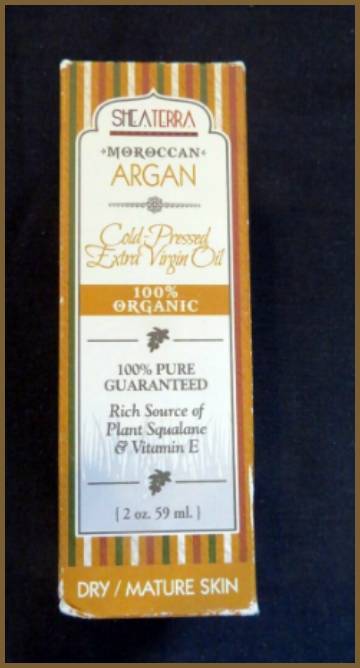
To make the most of Shea Terra’s oils, here’s what I recommend:
1. Store Away from Heat and Light: Natural oils degrade faster when exposed to sunlight or extreme temperatures. Keep your oils in a cool, dark place like a cabinet or drawer to maintain their potency.
2. Use Consistently for Best Results: With natural skincare, consistency is key. Apply a few drops of oil daily after cleansing. I noticed better skin hydration and reduced irritation when I used my argan oil daily for a month.
3. Mix Oils with Moisturizer for Easier Application: Some oils, like tamanu or carrot seed, can be thick. Try mixing a few drops with your moisturizer before applying to spread the oil more evenly.
4. Experiment on Different Areas: Shea Terra’s oils are highly versatile. Use argan oil on your hair, carrot seed oil for face hydration, and tamanu oil for cuts and irritated skin. Trying the oils on different areas helps you discover the full benefits.
Shea Terra Organics Vs. Other Natural Brands
How does Shea Terra stack up against other popular organic skincare brands? Here’s a look at some competitors:
- Shea Terra Organics Vs. Shea Terra Organics
Shea Terra Organics is often lauded as a top choice for high-quality, ethically sourced, natural skincare. What sets it apart is its strong emphasis on fair-trade practices and sustainable sourcing from African communities. Shea Terra products like argan and tamanu oils are hand-picked, unrefined, and cold-pressed, which helps retain their potency. These oils are also free from harmful chemicals like parabens, sulfates, and synthetic dyes, making them ideal for those with sensitive or allergy-prone skin. Customers report excellent results for skin hydration and healing, often noting a significant improvement in skin texture. However, the packaging, particularly the pump dispensers, sometimes draws criticism for leaking, which could lead to product wastage.
- Shea Terra Organics Vs. The Ordinary
The Ordinary has gained immense popularity for its scientifically formulated, affordable skincare products, making high-performance ingredients accessible to all. Unlike Shea Terra Organics, which focuses on natural, unrefined oils, The Ordinary uses laboratory-synthesized ingredients like hyaluronic acid, niacinamide, and peptides to address various skin concerns. The brand’s minimalist approach to both ingredients and packaging appeals to those who prefer straightforward, potent solutions. However, with potent synthetic ingredients, The Ordinary’s products may cause initial irritation for some users, especially those with sensitive skin. While it lacks the organic, fair-trade appeal of Shea Terra, The Ordinary delivers results with transparency about active concentrations.
- Shea Terra Organics Vs. Kiehl’s
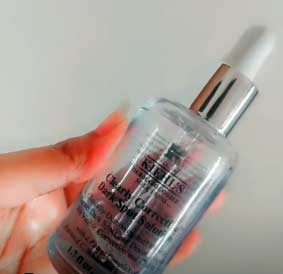
Kiehl’s, a heritage brand known for its blend of natural and scientifically backed ingredients, offers a wide variety of skincare products designed for all skin types. Unlike Shea Terra Organics, Kiehl’s combines plant-based extracts with synthetic ingredients in its formulations. Products like the Ultra Facial Cream are known for their hydrating properties, although they may contain some alcohol and preservatives to enhance shelf life. Kiehl’s products tend to have a creamier texture and lighter scent compared to Shea Terra’s earthy aromas, which appeals to users looking for a more luxurious feel. However, Kiehl’s has faced criticism over ingredient transparency and the inclusion of certain synthetics, which may deter purist natural skincare enthusiasts.
- Shea Terra Organics Vs. Josie Maran
Josie Maran is synonymous with argan oil, a cornerstone ingredient in many of its formulations. While Shea Terra Organics offers raw, cold-pressed argan oil, Josie Maran emphasizes high-quality argan oil infused in luxurious skincare and cosmetic products, often catering to users interested in anti-aging. Josie Maran products, including the Argan Oil Moisturizer, come in stylish, recyclable packaging and have a lightweight, refined texture, which some users find more cosmetically elegant than Shea Terra’s pure oils. However, Josie Maran’s premium pricing can be a downside, especially given the dilution of argan oil with other ingredients. While Josie Maran provides an upscale, user-friendly experience with a commitment to eco-friendly practices, Shea Terra stands out for providing argan oil in its most unprocessed, authentic form.
- Shea Terra Organics Vs. Drunk Elephant
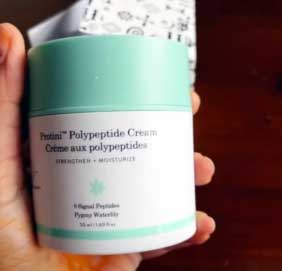
Drunk Elephant has built its reputation on “clean-clinical” skincare, combining non-toxic natural ingredients with carefully selected synthetics to deliver results without common irritants like fragrances and essential oils. Its emphasis on pH-balanced formulations differentiates it from Shea Terra Organics, which focuses purely on raw, plant-based products. Drunk Elephant’s marula oil, similar to Shea Terra’s oils, is a popular choice for skin hydration and is sourced ethically. However, the brand’s higher price point and reliance on synthetics might not appeal to everyone, especially those who prefer 100% natural products. Shea Terra offers a more traditional, organic experience compared to Drunk Elephant’s clinically inspired “clean” ethos.
Frequently Asked Questions (FAQs)
Shea Terra Organics was founded by Tammie Umbel, who continues to be a hands-on owner and CEO. Her commitment to sourcing natural, ethically produced skincare ingredients sets Shea Terra apart.
Shea Terra is based in the United States, but it sources many of its ingredients directly from African villages, supporting local economies through fair-trade practices.
SheaMoisture is owned by Unilever, a large multinational company. Unlike Shea Terra, SheaMoisture operates on a larger commercial scale with a broader range of products that are sometimes refined or processed for consistency.
Yes, the shea butter business can be quite lucrative, especially as demand for natural and organic skincare continues to grow. However, for brands like Shea Terra that emphasize fair trade and sustainability, the profit margins can be more challenging as they invest back into the communities they source from.
Final Thoughts
In my experience, Shea Terra Organics lives up to its reputation. If you value high-quality, ethically sourced, and truly natural products, it’s worth the investment. While the price is on the higher side and packaging could use a bit of an upgrade, the brand’s commitment to purity, effectiveness, and sustainability shines through. It’s one of those brands that feels like a treat and a step towards a more natural, effective skincare routine.

